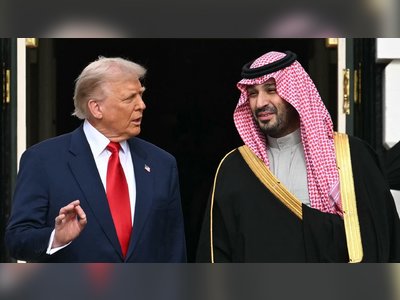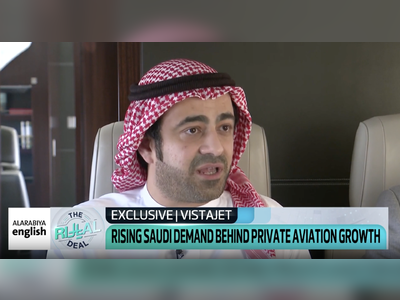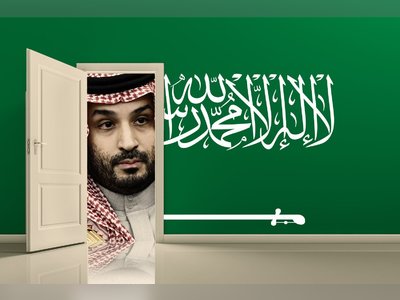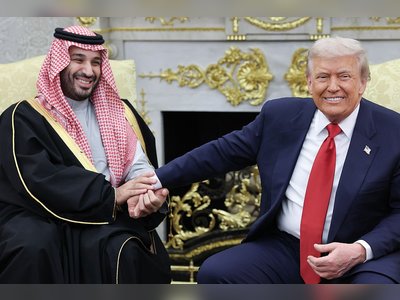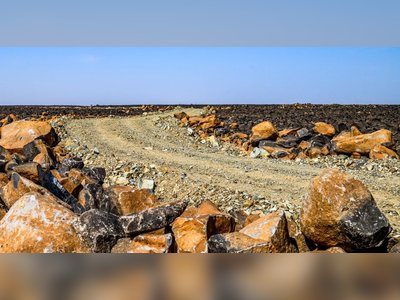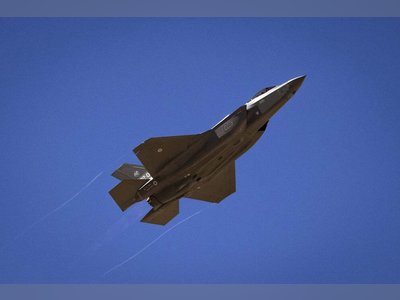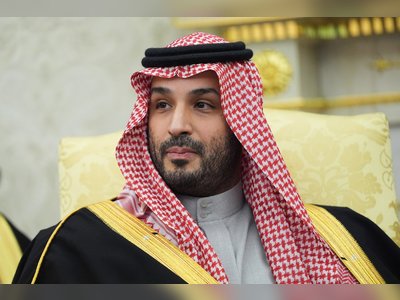
Portugal and Saudi Arabia Elevate Economic Ties at Seventh Joint Commission in Riyadh
Lisbon and Riyadh sign multiple frameworks and rally over 200 companies to ready investment push across sectors
Portugal’s Minister of Economy and Territorial Cohesion, Castro Almeida, led a delegation to Riyadh for a two-day visit during which the two countries held the seventh session of the Saudi-Portugal Joint Commission.
The Saudi Ministry of Economy and Planning described the gathering as “an important step in strengthening cooperation” between Lisbon and Riyadh.
Discussions spanned a wide array of areas including food security, scientific and technological collaboration, energy, environment, agriculture and sectoral investment opportunities.
Saudi Minister Faisal Alibrahim, speaking at the outset of the closed-door commission, emphasised the importance of delivering on signed agreements, unlocking investments and exchanging knowledge.
The Portuguese delegation was accompanied by more than 50 companies and attended a Business & Investment Forum alongside more than 150 Saudi participants.
These arrangements provided a platform for bilateral project presentations spanning construction, design, lifestyle products, renewable energy and industrial services.
On the Portuguese side, an accompanying exhibition debuted the “Made in Portugal” selection of home-design brands in Riyadh, reinforcing Lisbon’s ambition to diversify its export markets.
Several memoranda of understanding were signed — notably between Portugal’s food safety and economic enforcement body ASAE and its Saudi counterpart — to enhance regulatory cooperation and trade facilitation.
Saudi Arabia confirmed that the eighth joint-commission session will take place in Portugal in 2027.
Analysts point to this visit and the expanded agenda as reflective of Saudi Arabia’s growing interest in diversifying its partners beyond traditional Western markets and deeper engagement with technology-and design-oriented economies such as Portugal’s. Portugal, for its part, sees the partnership as an avenue to secure investment, gain access to Gulf infrastructure spend and strengthen its position as a gateway for European firms into the Middle East.
The momentum built in Riyadh is now poised to translate into concrete deal-flow as the next phase of the strategic relationship unfolds.
The Saudi Ministry of Economy and Planning described the gathering as “an important step in strengthening cooperation” between Lisbon and Riyadh.
Discussions spanned a wide array of areas including food security, scientific and technological collaboration, energy, environment, agriculture and sectoral investment opportunities.
Saudi Minister Faisal Alibrahim, speaking at the outset of the closed-door commission, emphasised the importance of delivering on signed agreements, unlocking investments and exchanging knowledge.
The Portuguese delegation was accompanied by more than 50 companies and attended a Business & Investment Forum alongside more than 150 Saudi participants.
These arrangements provided a platform for bilateral project presentations spanning construction, design, lifestyle products, renewable energy and industrial services.
On the Portuguese side, an accompanying exhibition debuted the “Made in Portugal” selection of home-design brands in Riyadh, reinforcing Lisbon’s ambition to diversify its export markets.
Several memoranda of understanding were signed — notably between Portugal’s food safety and economic enforcement body ASAE and its Saudi counterpart — to enhance regulatory cooperation and trade facilitation.
Saudi Arabia confirmed that the eighth joint-commission session will take place in Portugal in 2027.
Analysts point to this visit and the expanded agenda as reflective of Saudi Arabia’s growing interest in diversifying its partners beyond traditional Western markets and deeper engagement with technology-and design-oriented economies such as Portugal’s. Portugal, for its part, sees the partnership as an avenue to secure investment, gain access to Gulf infrastructure spend and strengthen its position as a gateway for European firms into the Middle East.
The momentum built in Riyadh is now poised to translate into concrete deal-flow as the next phase of the strategic relationship unfolds.
